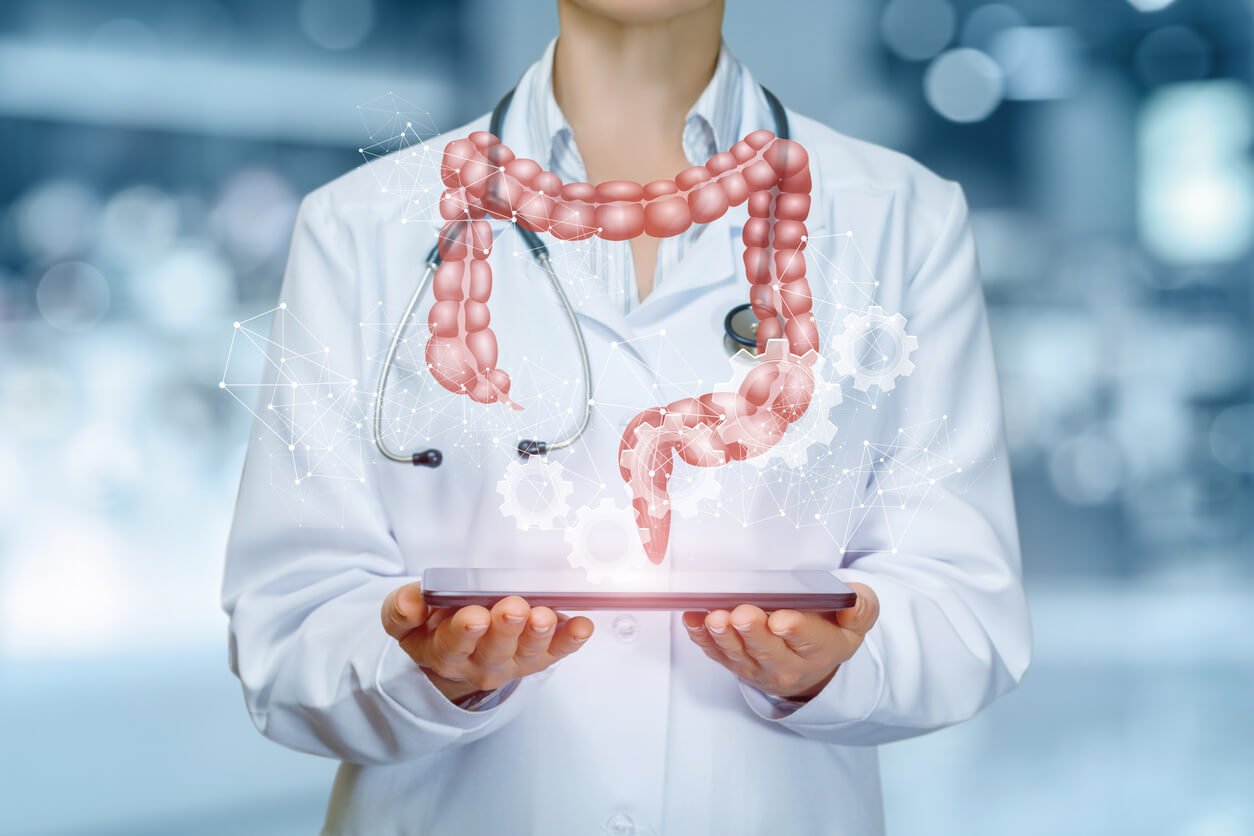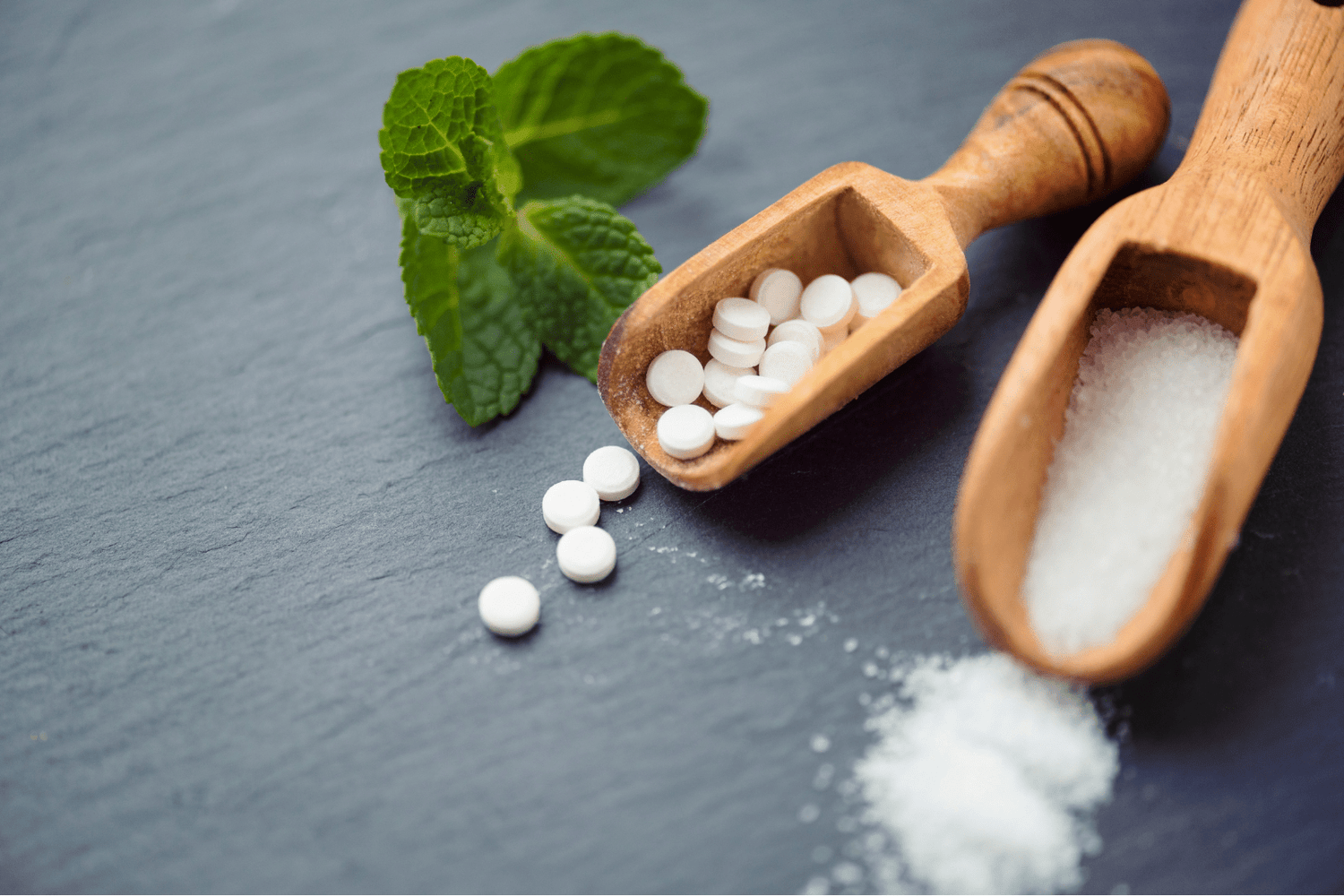Table of contents
... and what our intestinal microbiome might have to do with it .
Why do some medications work well for some and have few side effects, but not for others?
A recently published study in mice examined whether our gut bacteria could be a key to solving this problem and influencing how well a drug works.
An attempt was made to find out what role our intestinal microbiome plays in this. This is extremely interesting because many medications are taken by swallowing and end up in our digestive tract.
Because each of us has an individual microbiome, the way drugs are metabolized differs from person to person.
It is already known that medications work well for some people but not for others, that they take longer for some people to have an effect, and that they cause severe side effects for others or that they no longer work at all for some people.

Other factors affecting drug metabolism. (3)
There are many reasons why people react differently to the same medication, including age, gender, genetics and diet. So could the bacteria in our gut also play a role?
Our microbiome contains 150 times more genes than our own human genome and can therefore produce a variety of enzymes. These enzymes are “tools” used by gut bacteria to alter medications, either activating them or rendering them ineffective.
Previous studies have shown how bacteria can influence how certain medications work. For example, sulfasalazine, a drug used to treat ulcerative colitis (an inflammatory bowel disease), relies on intestinal bacteria to be able to work.
Vice versa can Eggerthella lenta , a bacteria found in the large intestine, renders the heart medication digoxin ineffective.
Although scientists have described the effects of the microbiome on certain drugs, the molecular mechanisms remain largely unknown.

Sites and types of drug metabolism after oral or intravenous administration. IV, intravenous. (4)
In the latest study, the authors examined the interactions between gut bacteria and drugs by identifying bacterial enzymes that can metabolize drugs. Using genetic analysis data, they found that certain bacteria can change the effect of drugs.
Scientists hope this understanding will help doctors predict how people will react to certain medications in the future.
In the future, it may be possible to adjust a person's gut bacteria to make a drug work effectively and reduce the risk of serious side effects. However, more research needs to be done to get a clearer picture of exactly how these interactions work.
So it remains incredibly exciting to see what will happen in science in relation to the microbiome in the next few years.
Hopefully you are completely healthy at the moment and are spared from having to take medication so that you can fully enjoy the summer in all its facets. Your microbiome is also closely linked to a strong immune system - do you already have it? testing let?
Note
This article is intended for informational purposes only and should not be construed as medical information or instructions. The recipes are intended for inspiration and are not intended as therapeutic measures. If you have any health problems, we recommend that you contact a doctor or other expert immediately.
References
- https://www.medicalnewstoday.com/articles/325366.php
- Zimmermann, M., et al. (2019). “Mapping human microbiome drug metabolism by gut bacteria and their genes.” Nature 570(7762): 462-467.
- https://zimcl.tirol-kliniken.at/page.cfm?vpath=pharmakogenetik_analysenindikationen
- Ian D. Wilson, Jeremy K. Nicholson, Gut microbiome interactions with drug metabolism, efficacy, and toxicity, Translational Research, Volume 179, 2017, Pages 204-222, ISSN 1931-5244, https://doi.org/10.1016/j.trsl.2016.08.002. (http://www.sciencedirect.com/science/article/pii/S1931524416301591)





